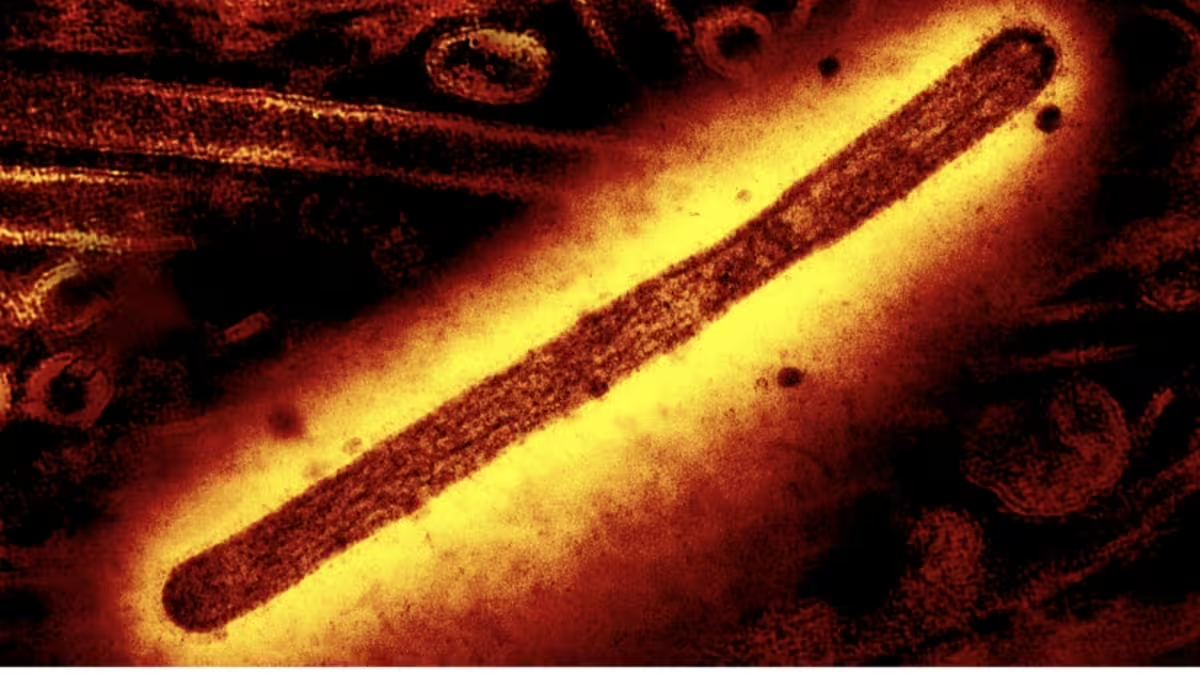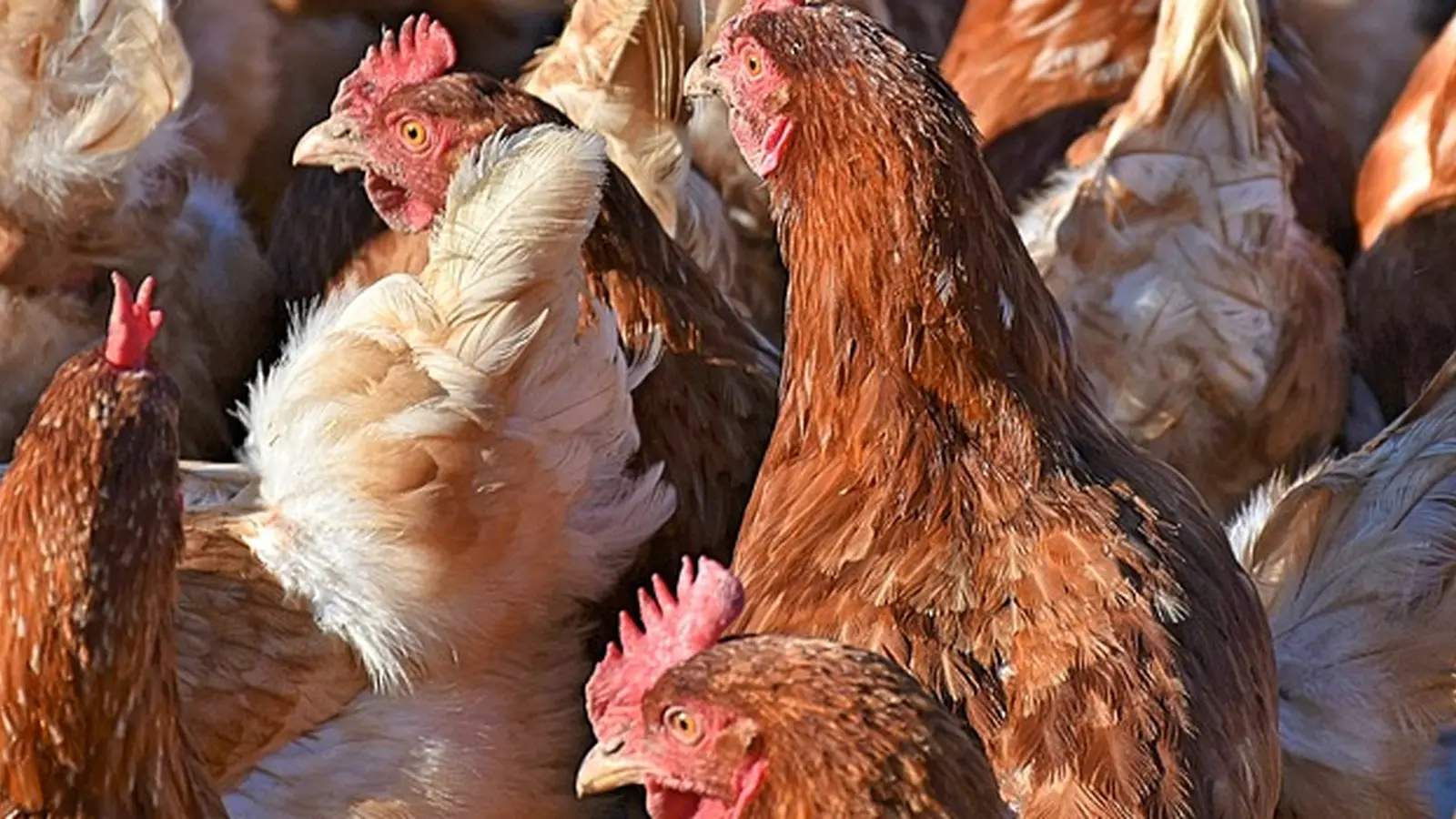3 Minutes
A Washington state resident has died after contracting a rare avian influenza strain, H5N5, marking the first recorded human infection with this virus variant worldwide, state health officials said. The case adds to a growing number of human bird-flu infections this year and highlights ongoing concerns about zoonotic spillover from domestic birds.

Transmission electron microscope image of a rod-shaped bird flu virion.
What happened in Washington?
The Washington State Department of Health reported that an older adult with pre-existing health conditions, hospitalized earlier this month, tested positive for H5N5 after laboratory analysis at the University of Washington. The US Centers for Disease Control and Prevention (CDC) subsequently confirmed the result and noted that this appears to be the first documented human infection with the H5N5 variant globally. Officials emphasized that the individual had a backyard flock of mixed domestic birds, which is believed to be the likely source of exposure.
Why this strain matters
H5N5 is an avian influenza subtype previously reported in animals but not known to infect people until now. While avian influenza viruses commonly circulate in wild and domestic birds, some subtypes — like H5N1 — have spilled over into humans before, sometimes with severe outcomes. The World Health Organization (WHO) reports more than 1,000 human avian flu cases across multiple strains since 2003, so each novel human infection is closely monitored for signs of adaptation or increased transmissibility.
Public-health assessment and immediate response
The CDC and local health authorities said the risk to the general public remains low. According to official statements, no additional people involved in this case have tested positive, and there is no evidence of human-to-human transmission for this H5N5 infection. The agencies are tracing contacts, testing exposed persons and birds, and advising owners of backyard flocks to practice strict biosecurity and to seek medical care promptly if they develop respiratory symptoms.
Context and next steps
So far this year the CDC has logged more than 70 human bird-flu infections, and the US recorded a prior fatal case linked to H5N1 in Louisiana in January. Public-health labs will continue genetic sequencing of the virus to detect mutations and to inform risk assessments. For the public, experts recommend avoiding direct contact with sick or dead birds, using protective equipment when needed, and reporting unusual bird deaths to local agricultural or health authorities.
Source: sciencealert


Leave a Comment